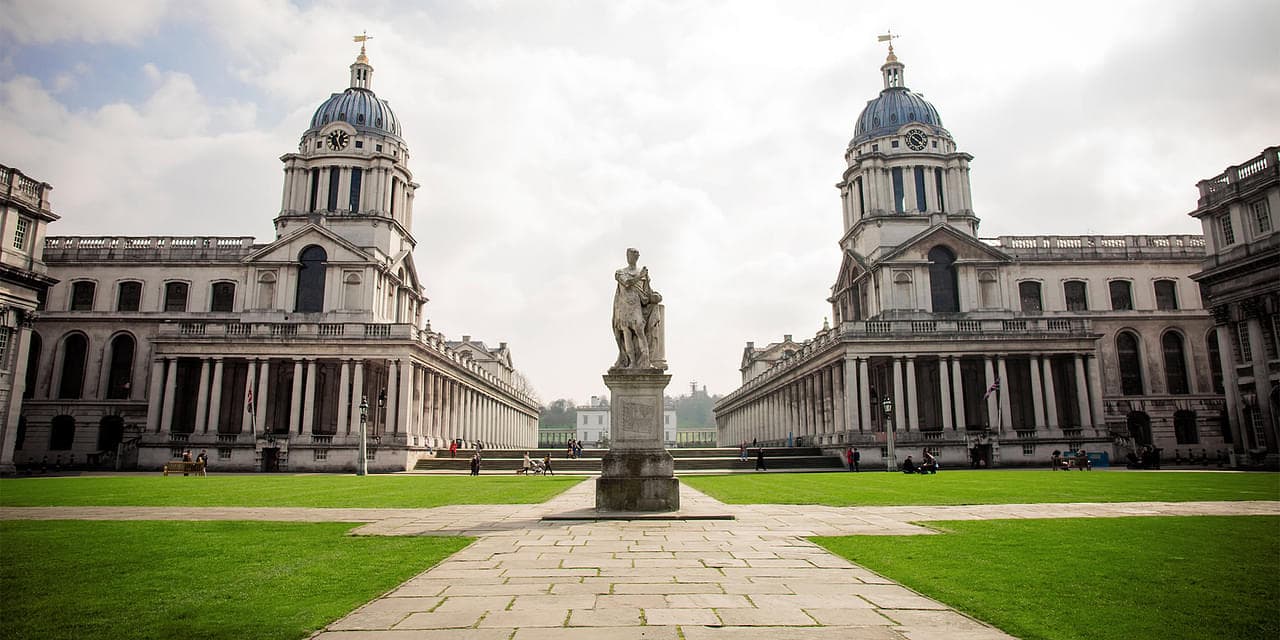BA Hons Creative Writing and English Literature at University of Greenwich
London, United Kingdom
- Tuition Fee £ 17,500
- Country Rank-
- Duration36 Months
- Score IELTS: 6 TOEFL: 60
Program Overview
Our degree in creative writing and English literature explores literature, drama, poetry, fiction, visual art and theatre, mostly from 1800 onwards. You will examine the works themselves and the social and historical contexts in which they were written. The creative writing aspects of the course complement this, enabling you to focus on writing fiction, poetry, performance writing, playwriting, screenwriting and journalism.
Cost Of Studying At University of Greenwich
Interest rates as low as 8.9% *
250K+
Students Assisted
800Cr+
Loan Amount Disbursed
5000+
Loans Sanctioned
Check Loan Eligibility
Powered by
